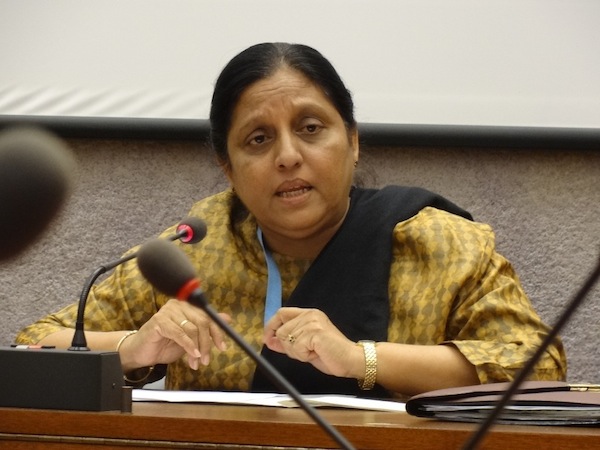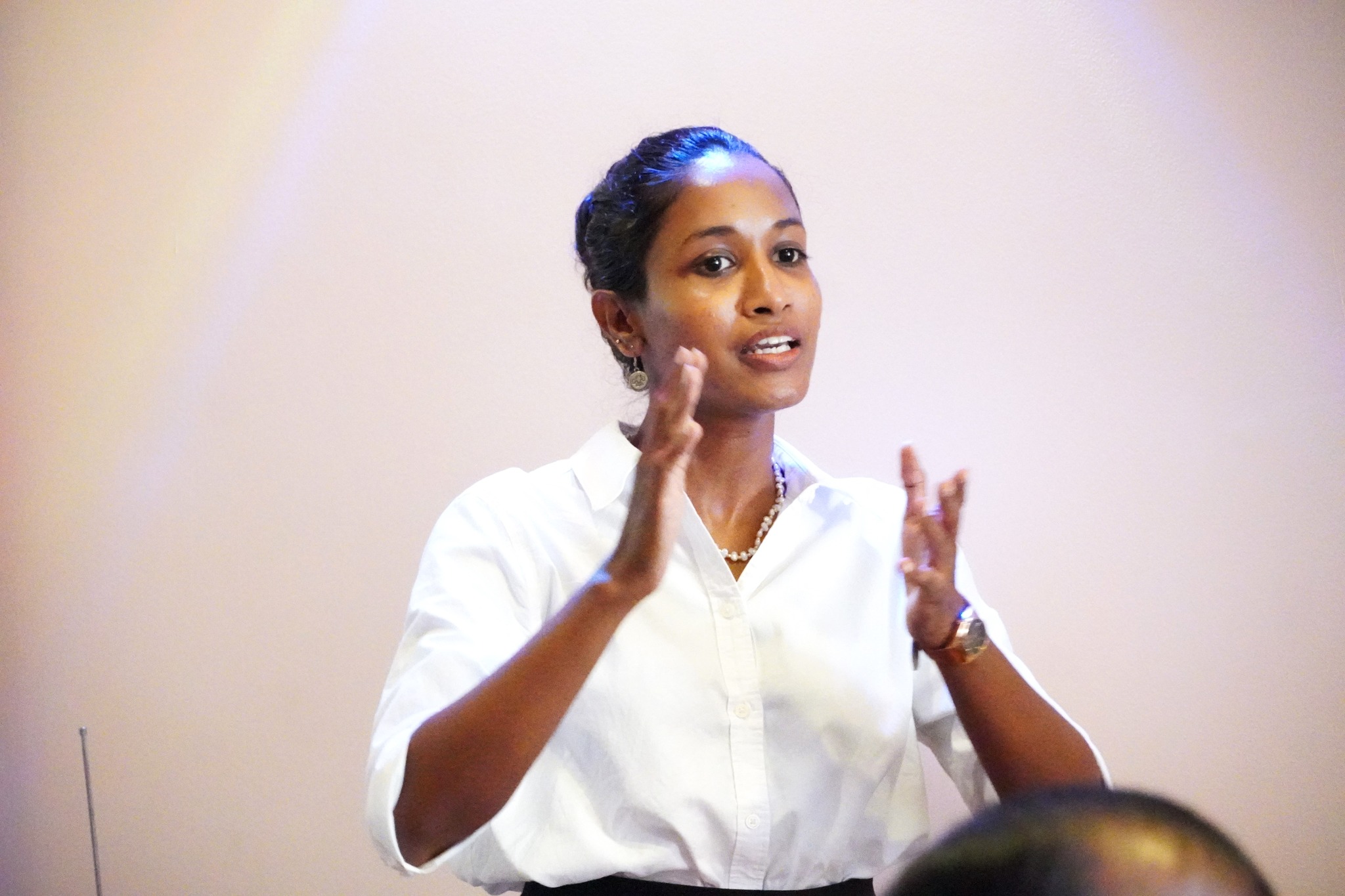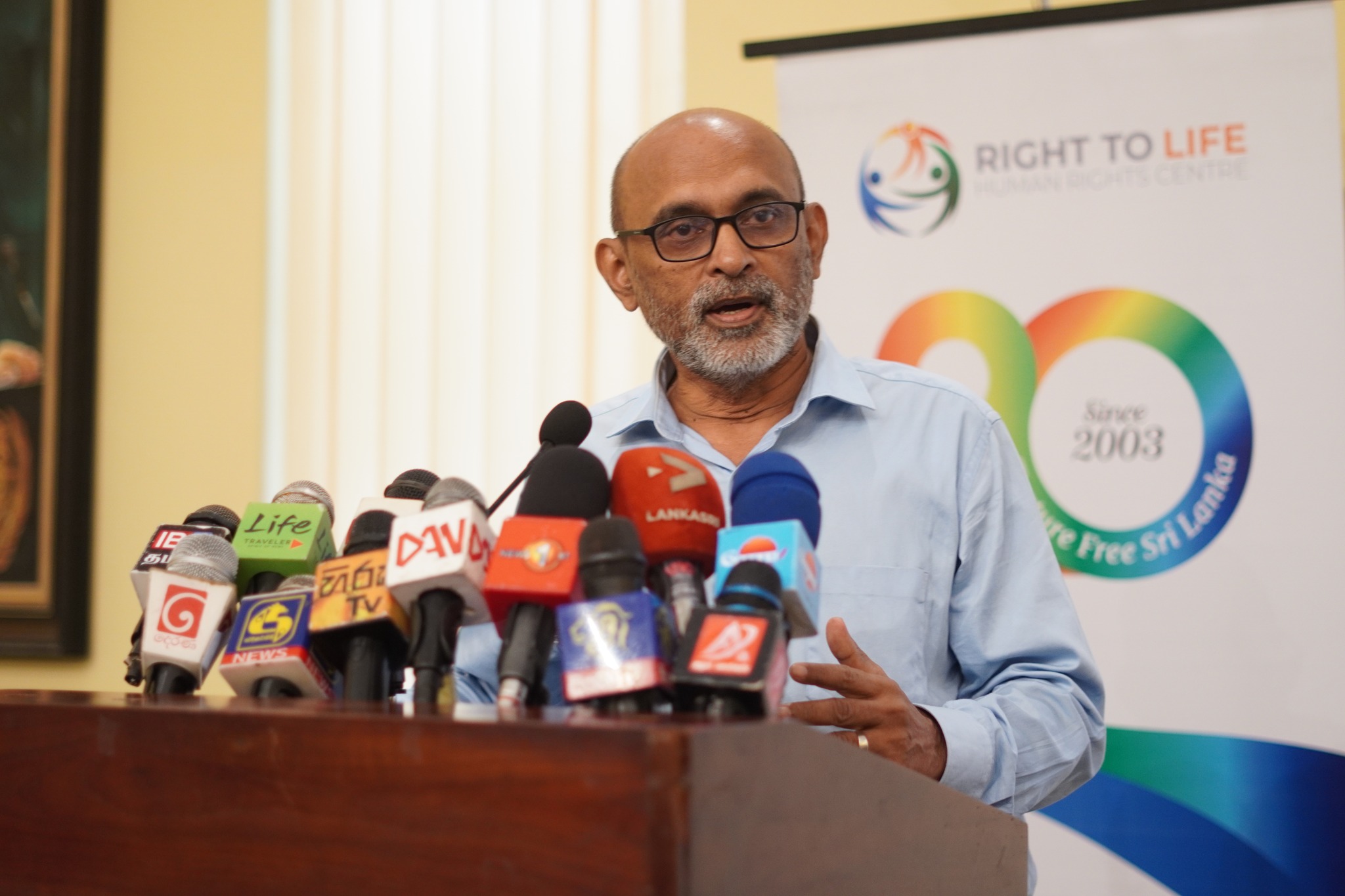Sri Lanka’s civil war, which spanned over three decades, was rooted in deep-seated ethnic tensions and a legacy of division. The north and east of the country bore the heaviest consequences, becoming battlegrounds in a conflict that touched nearly every family in those regions. For the Malayaha Tamil community, however, suffering was not a temporary state dictated by war. For over 200 years, this community, largely employed in Sri Lanka’s tea estates, has faced systemic neglect, economic deprivation, and social marginalization. Even today, they struggle for recognition and equitable opportunities, their lives shaped by a history of exclusion.
In the 1990s, during the height of the civil war, economic hardship pushed many Malayaha Tamils to seek work outside their ancestral estates. One such individual was Francis Packiyanathan from Passara, Badulla. The youngest brother of Francis Michael, Packiyanathan joined a group of men traveling to Kalmunai in the Eastern Province, where work opportunities in rice mills offered a glimmer of financial relief. Like others in his community, he had grown up with limited options and an uncertain future.
The decision to work in Kalmunai was not made lightly. The Eastern Province was a flashpoint of the war, where government forces and militant groups clashed, leaving civilians caught in the crossfire. Despite the danger, the economic constraints back home outweighed the risks. Packiyanathan, like so many others, left his family behind, hoping to return with earnings that could sustain them.
After a month of grueling work at the rice mill, he and his companions decided to make the journey back to Passara. It was a risky trip, as the roads were dotted with checkpoints and military camps. Along the way, the group was stopped by the Special Task Force (STF). They were taken to a nearby camp for questioning, and that was the last anyone saw of them.
“When he didn’t come home, we knew something was terribly wrong,” recalls Francis Michael. The family’s worry quickly turned into a desperate search. Determined to find answers, they traveled from Passara to Kalmunai, navigating through conflict zones and numerous checkpoints.
At the rice mill, the owner greeted them with tears in his eyes. “He told us he had warned them not to leave,” Michael says. “He begged them to stay a little longer, saying it wasn’t safe to travel. But they wanted to come home to their families. I believe he was sincere.
From the rice mill, Michael and his family scoured the surrounding villages, military camps, police stations, and hospitals, looking for any trace of Packiyanathan. They lodged complaints with the police and reached out to the Red Cross. Letters were sent to the government, detailing their search and pleading for help. Yet no answers came.
We did everything possible, but it was as if he had vanished,” Michael says. “We never found his body, nor did we hear anything official about what happened to him and the others.”
Michael firmly believes his brother and the other men were killed during their detention at the STF camp. “There’s no doubt in my mind. The rice mill owner’s tears, the way they disappeared—it all points to that. But we never got the closure we needed. No one took responsibility. No one gave us answers.”

These narratives are not just about loss; they are about resilience, the struggle for justice, and the enduring hope for recognition.
Packiyanathan’s disappearance is a stark reminder of the compounded struggles faced by the Malayaha Tamils. For generations, they have lived in poverty, their contributions to Sri Lanka’s economy—particularly the tea industry—largely unacknowledged. During the war, they became even more vulnerable, navigating a landscape of conflict that offered little regard for their safety or dignity.
Michael reflects on the dual challenges his community has faced: the systemic neglect that predates the war and the devastating personal losses during it. “For over 200 years, we’ve struggled. The war only made it worse. Losing my brother is the hardest part of my life. Even now, we hope for justice, but it feels like something that’s always just out of reach.” His story is not unique but is emblematic of the Malayaha Tamil experience—one of resilience in the face of historical and ongoing marginalization.
– Prasanna Antony


